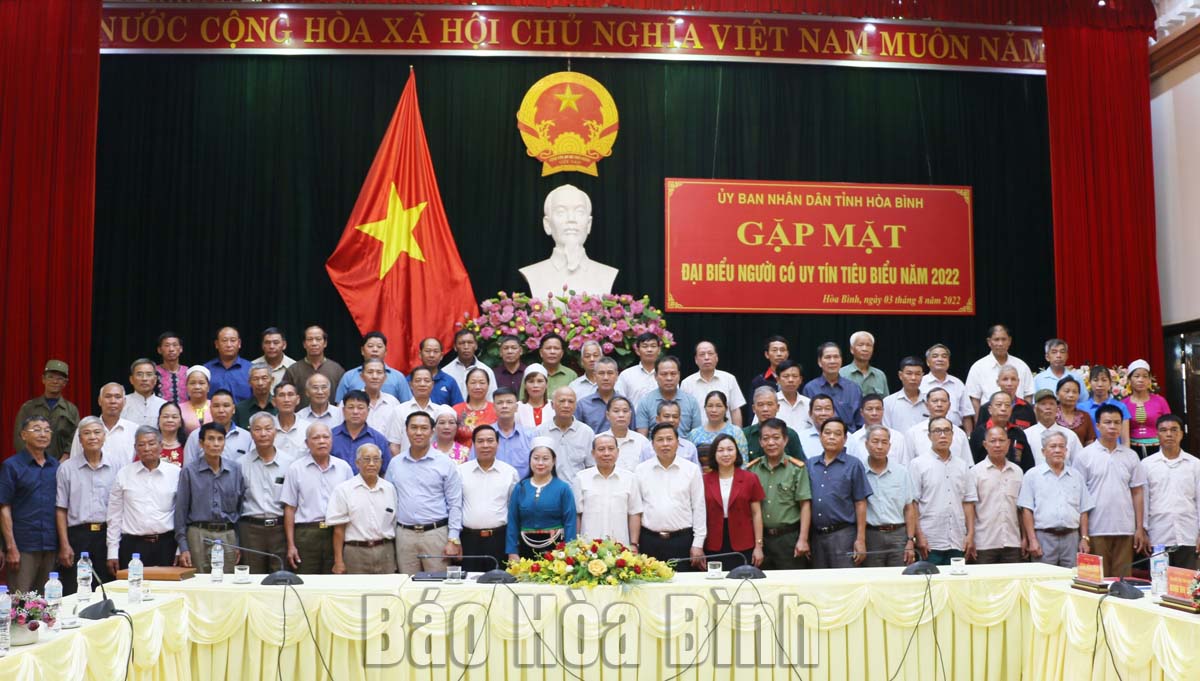



The movements closely followed political tasks associated with the implementation of Directive No.05 of the Politburo on promoting learning and following President Ho Chi Minh's ideology, morality, and lifestyle.
Noteworthy movements include "Good labour, creative labour", "joining hands to build new-style rural areas", and "For the poor - no one is left behind".
The province now has 586 enterprises, cooperatives, production establishments, and business households managed by people from ethnic groups. Despite difficulties, they have become a bridge bringing products to the market, improving the value of agricultural products, creating jobs for workers in ethnic minority areas.
Outstanding models include the one by Trinh Thi Thanh Hoa from Tay ethnic group in the Da Bac district in growing edible mushrooms, medicinal mushrooms, and canned sweet corn.
Currently, the province has 14,986 State employees and a high-quality working hands coming from ethnic groups.
People from ethnic groups in Hoa Binh province have had basic access to healthcare services, particularly in the past two years, health workers from ethnic groups volunteered to support their colleagues in southern provinces and cities during the fight against the COVID-19 pandemic.
In the culture sector, ethnic groups play important role in preserving traditional cultural values. By now, the province has 18 recognised as excellent artisans.
The province has 1,482 musical teams with tens of thousands of amateur actors and artists who are the core factor in cultural preservation.
In social security and defense, village elders, village chiefs, and reputable people in the community have played the role of extending arms to mobilise people following the Party and State's guidelines, policies, and laws, maintaining social security and order at the grassroots.
The province has over 9,000 village heads and key officials at the grassroots level, of which nearly 7,000 people are from ethnic groups. Over 95% of them can use the languages of ethnic groups.
In 2023, the Provincial People's Committee issued the socio-economic development programme in areas with ethnic groups and mountainous areas with 10 projects, 14 sub-projects, and 36 investment contents integrated from ethnic policies.